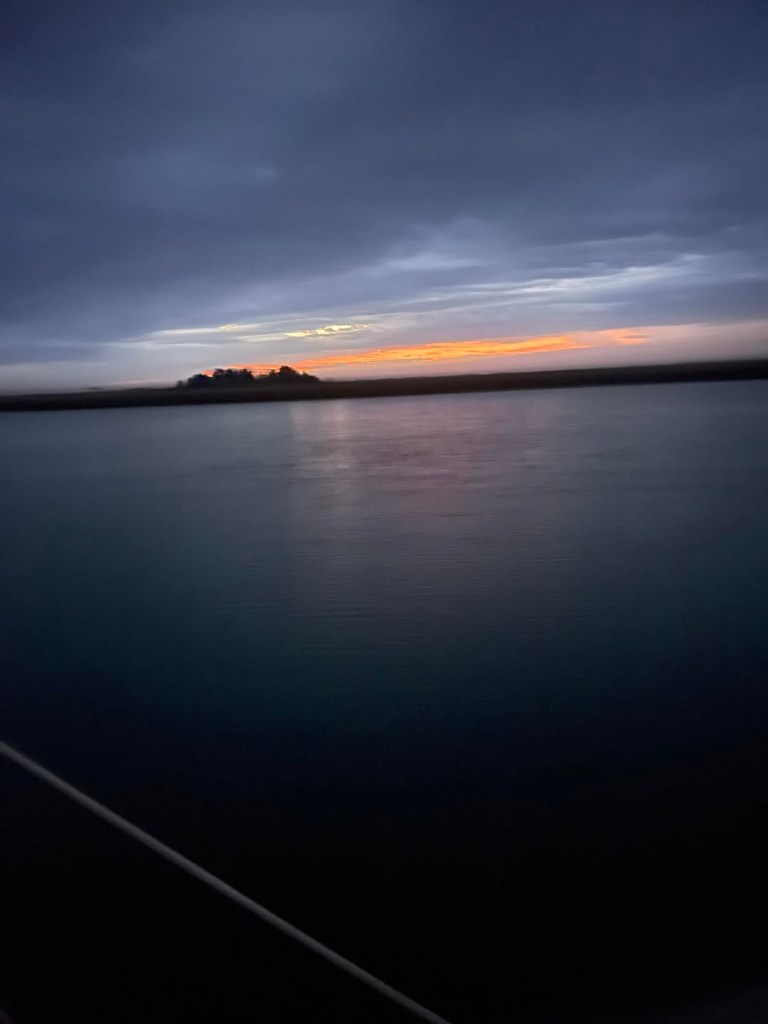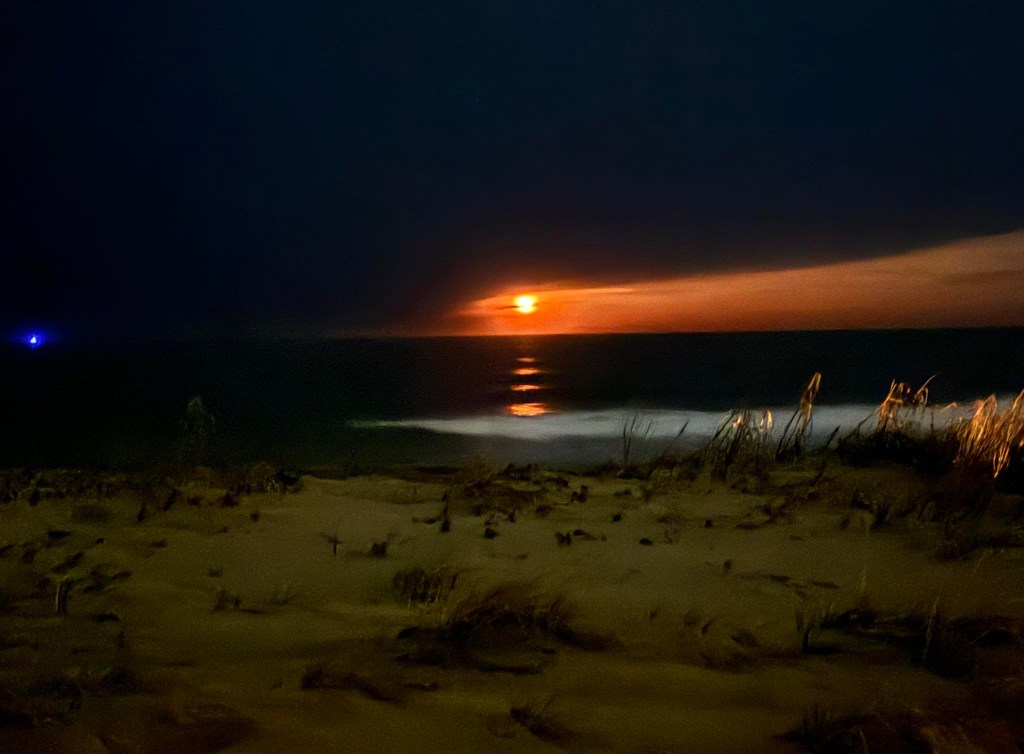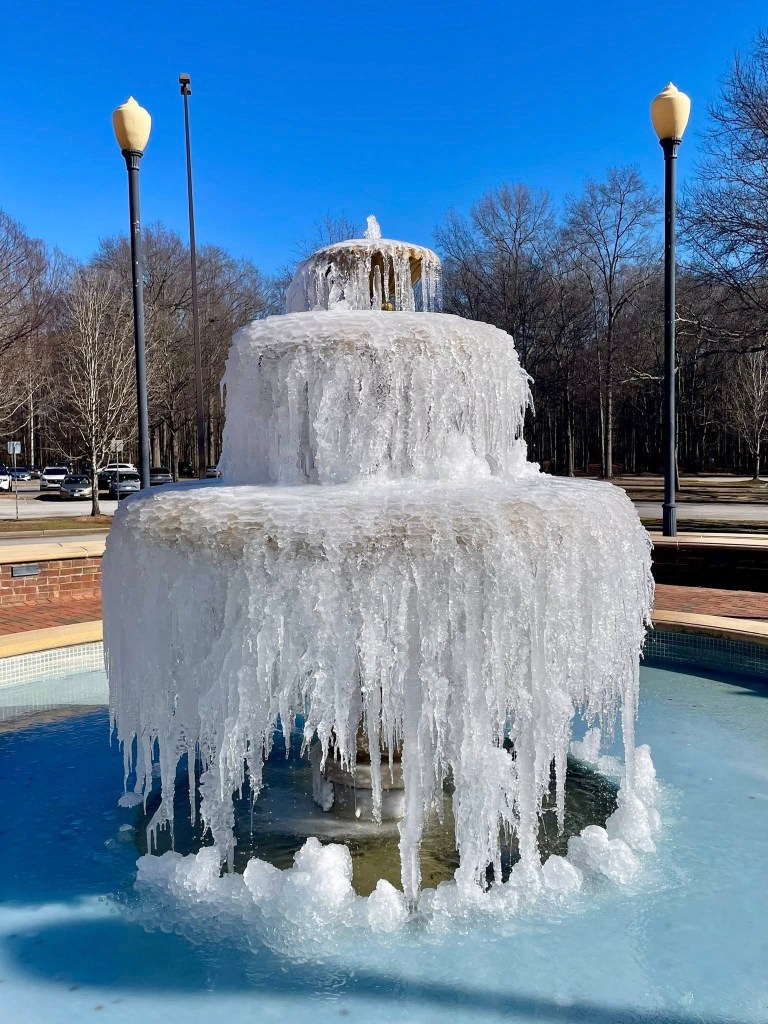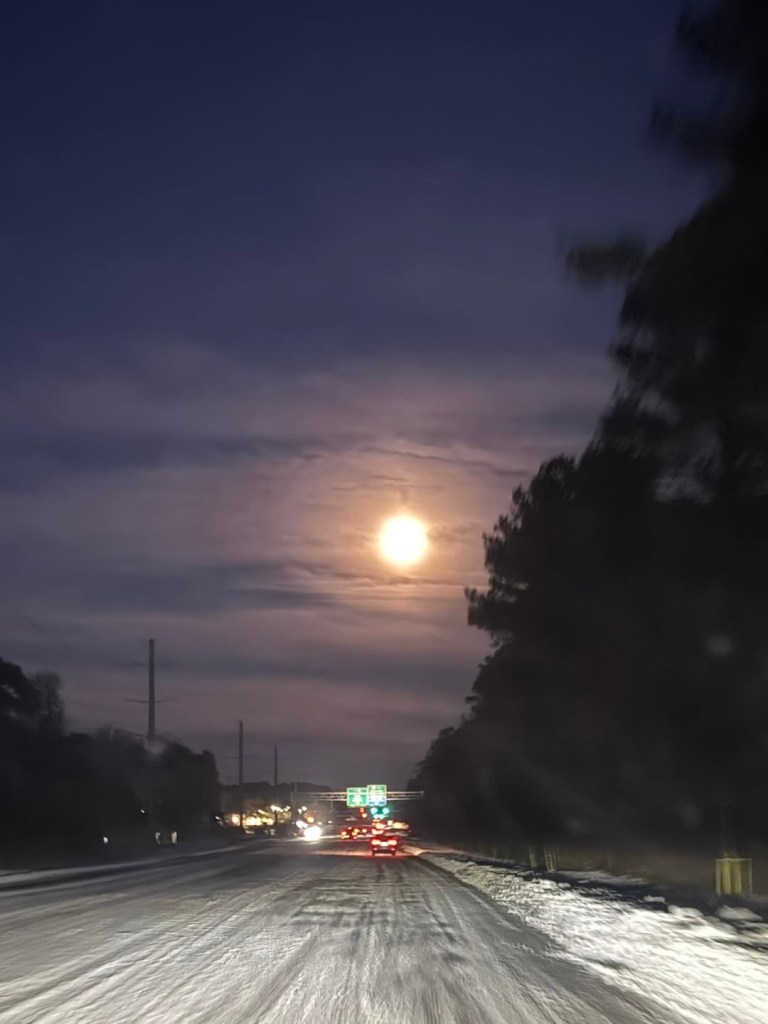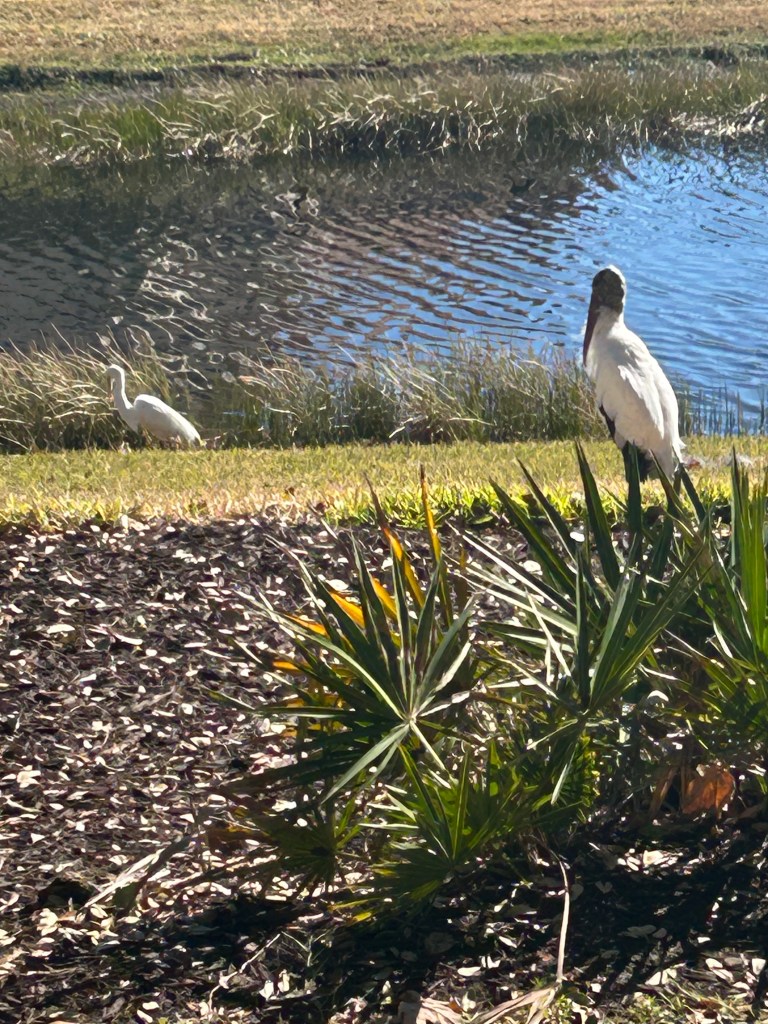Old School Lent
Over the last few Sundays I have worshipped at St. Luke United Methodist Church in Orlando, Florida. This magnificent church boasts a large and well-rehearsed choir and a full orchestra every Sunday at their traditional service. I find myself being drawn to tears by the music at least once every service. I hope and pray that if you are ever in that area, you will make a plan to go there. I am a music geek/nerd and music speaks to my soul in ways that words can’t. But be assured that every spoken word of prayer, liturgy, and sermon in that church Is spellbinding and as moving as the music.
I am such a nerd that if a hymnal is available, I reach for it. Yes, the words are displayed on two huge screens at the front of the chancel area, but this girl likes to do it old school. I can read music, so part of the attraction is to watch the notes and see where they go. Sometimes I sight-read the alto just to hone my rusty skills (apologies to those who sit near me!). Another advantage of using the hymnal is that you can see the theology build through the entire hymn. You can’t do that with screens. Songs like “Lord of the Dance,” which so beautifully tell the story of Jesus verse by verse, aren’t nearly as effective on the screens. Next time you’re in church, pick up a hymnal and see what I mean.
The selection for the first Sunday of Lent was “Lord, Who Throughout These Forty Days” found on page 269 of the United Methodist Hymnal. This hymn is five verses of perfect teaching about the meaning and purpose of Lent. While we all know that Lent is the 40 day season of preparation (or, as the preacher put it, “rehearsal”) for Easter, we tend to forget the nuances of what Jesus did in his forty days in the wilderness. We focus on our own disciplines, and hopefully grow closer to God through our fasting, praying, repentance, and study, but it is easy for us to be me-centered instead of Jesus-centered in this season. While focusing on our spiritual growth is truly part of Lent’s goal, we miss out on the deeper and richer story that surrounds us.
“Lord, Who Throughout These Forty Days” reminds us of the truth at the heart of Lent. Jesus fasted and prayed for us in his forty days. He calls us to mourn our sins and remain close to him. He contended with Satan in the wilderness and won that battle, enabling us to also withstand the temptation to sin. He was hungry and thirsty, setting an example for us to die to self as he did for our sake. He lived by the Word of God so that we might live by the Word. He abides with us through our penitence, our life, and our death. And thus when Lent has fulfilled its purpose, an Easter of unending joy will be ours.
Look, Easter is coming regardless of your participation. Easter is a force beyond anything our obedience or disobedience can control. Ignore it and it will still come. But will you experience unending joy? Or will that day just be filled with bunnies, eggs, and candy and then it’s all back to life as normal?
Lent is an invitation to rehearse and prepare for unending joy. But you have to be all in for it to work. I pray that today you resolve to finish these forty days as you started, with serious contemplation and dedicated time spent in repentance, fasting, praying, and immersion into God’s Word. And if you haven’t started any Lent practices, start now. When we do this, Easter will usher in the unending joy that Jesus died for.
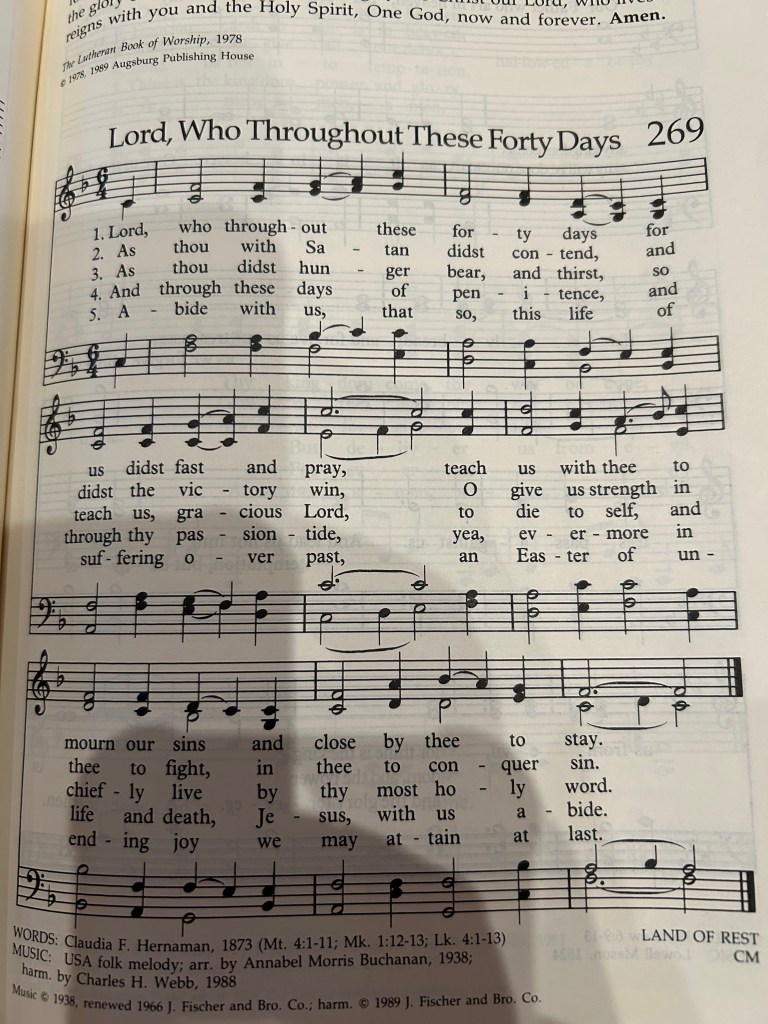
Read it and weep

